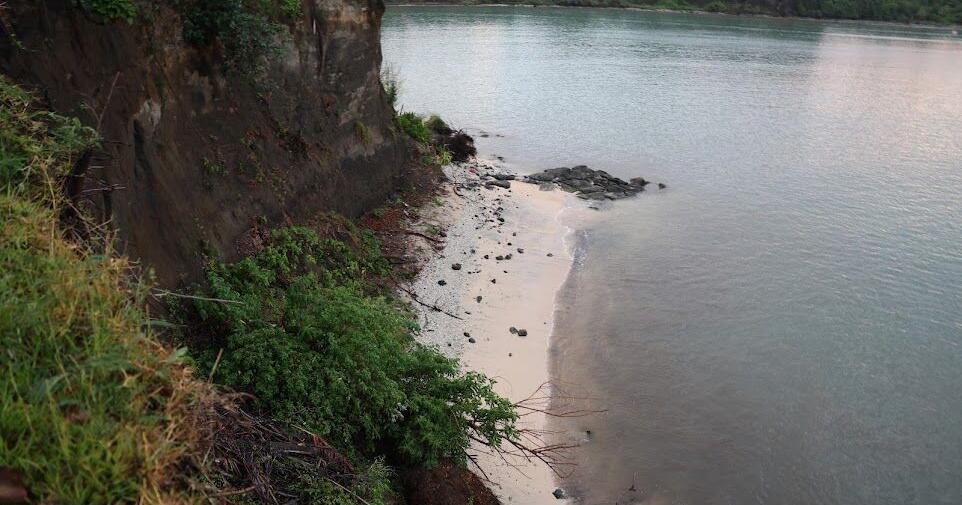By Blox Content Management
Copyright dailypost

The Advisory Opinion (AO) delivered on 23 July 2025 was more than a legal victory. For Melanesia, this was not just a legal win but was a recognition of the struggle to survive. It showed that the Udaune Declaration and the voices of Pacific communities have the power to shape international law when Melanesia stands together.
The journey from Udaune to The Hague was never only about lawyers or arguments. It was about protecting land, culture, and future generations. People from Fiji, Vanuatu, Solomon Islands, Papua New Guinea, and Kanaky (New Caledonia) spoke about how climate change is already changing their lives. Their stories, backed by science, proved that the Pacific is one of the hardest-hit regions, even though it has contributed the least to the crisis.
For Melanesian communities, the threat is not in the future, it is happening now. Rising seas have swallowed villages, forced families to move many times, and even washed away ancestral graveyards. “Our children will never see the place where their grandparents were buried. The sea has washed away our history,” an elder said. Moving inland does not solve everything. The soil is weak, taro and yam do not grow well, clean water is hard to find, and services like schools and health clinics are far away. Families feel cut off from their land and ancestors. “We live, but we do not live the same way. Every move takes something away from us,”a mother explained.
The ocean is also changing. Fishermen say fish and crabs are harder to find, and the special trees once used to carve canoes have been destroyed by waves. Without them, young people lose skills and traditions that are part of their identity. On land, hotter weather and mining dry up streams, while saltwater kills coconuts and gardens. Families must now fight over the little good land left, which brings hunger and sometimes conflict.
Culture is disappearing with the land. Sacred sites are sinking under the sea. Yams and pandanus, important for ceremonies, no longer grow well. Shell money, once easy to collect from reefs, must now be bought from far away. “Every time we move, we leave behind our story. Our songs and traditions belong to the land, and when the land is gone, they will also disappear,”another elder warned.
Scientists supported these testimonies with facts. They showed that Pacific Sea levels are rising faster than in many other places. Storms are becoming stronger, coral reefs are dying, and farmers face unpredictable rains. Without healthy gardens, families depend on imported processed food, which leads to health problems like diabetes. Doctors also spoke about the stress families feel, never knowing when the next disaster will force them to move again.
These problems are all linked. When gardens fail, people go hungry. When reefs die, fish disappear. When land sinks, culture is lost. This is not just many small issues; it is one big crisis that is changing life in the Pacific. As one youth activist told the ICJ: “Climate change is not a future threat; it is our reality today. This is not only about the environment. This is about people, families, and survival.”
The message is clear: if the world does not act now, more villages will vanish, more families will lose homes, and more traditions will disappear forever. Melanesians have done almost nothing to cause climate change, yet we carry the heaviest burden.
The ICJ ruling is an important step, but it is only the beginning. Every country, industry, and person must act! cutting emissions, stopping destructive practices, and supporting frontline communities. For Melanesia, it must also be a call to act locally: plant trees, protect mangroves and reefs, reduce waste, use clean energy, and share climate-smart farming methods. Chiefs, churches, and youth can all help lead the way and demand stronger policies.
The victory at The Hague has given power to Pacific voices. But the real strength will come when communities act together. The future is shared and if it is not protected now, it may be lost forever.